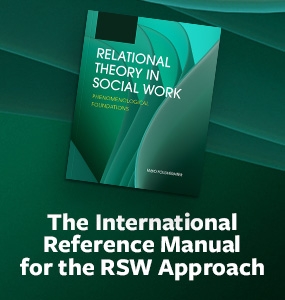From baby to elderly people’s boom. Social inclusion through meaningful ageing in the future Welfare
Daniela Grignoli, Mariangela D’Ambrosio
Zygmunt Bauman emphasized how, in a complex society, it is necessary «[…] to re-focus one’s cognitive attention on the transformation of the human condition» (2003, 60), as only from this condition is it possible to understand whether people attribute particular meanings to certain experiences that are useful for wellbeing and can define new welfare paradigms. In this framework, it should also be considered how society, in an age structure in which the baby-boom generation is gradually reaching the top of the age pyramid, is, from a quantitative point of view, becoming older and older, both because of the «collapse» of the birth rate and because life expectancy is growing longer and longer. Therefore, the population ageing is one of the most relevant social phenomena and an increasingly difficult challenge for welfare policies. The World Health Organization estimates that by 2050 the elderly population worldwide will increase to double, reaching a share of 22% of the total population (WHO, 2021; OECD, 2021). In Italy, the over-65 population will be 35,9% of the entire population, with an average life expectancy of 82,5 years (79,5 for men and 85,6 for women) (ISS-Epicenter, 2021). Care needs will further transform and change, and similarly the risks of possible social exclusion will increase. In this context, it is worthy to mention that the most fragile individuals with the health pandemic caused by Coronavirus (SARS-CoV-2) have been the elderly. Their vulnerability has affected their well-being (WHO), causing both greater deterioration in general health conditions and their greater social isolation than other social groups. This essay aims to present, from a sociological aging framework, the project entitled SEE ME-Social inclusion through meaningful aging. The main goal is to improve the care quality and the social inclusion of the elderly people through an analysis of the educational needs and experiences of all social operators. A chance to reflect on caring relationships and on social service’s role considering aging as an «active process» (meaningful aging), on the elderly as a resourceful person, and on the «care» not only as a social service provide system but also and especially as a real inclusive tool.
Keywords
Meaningful ageing; social inclusion; social work; social service; Relational Social Work.




